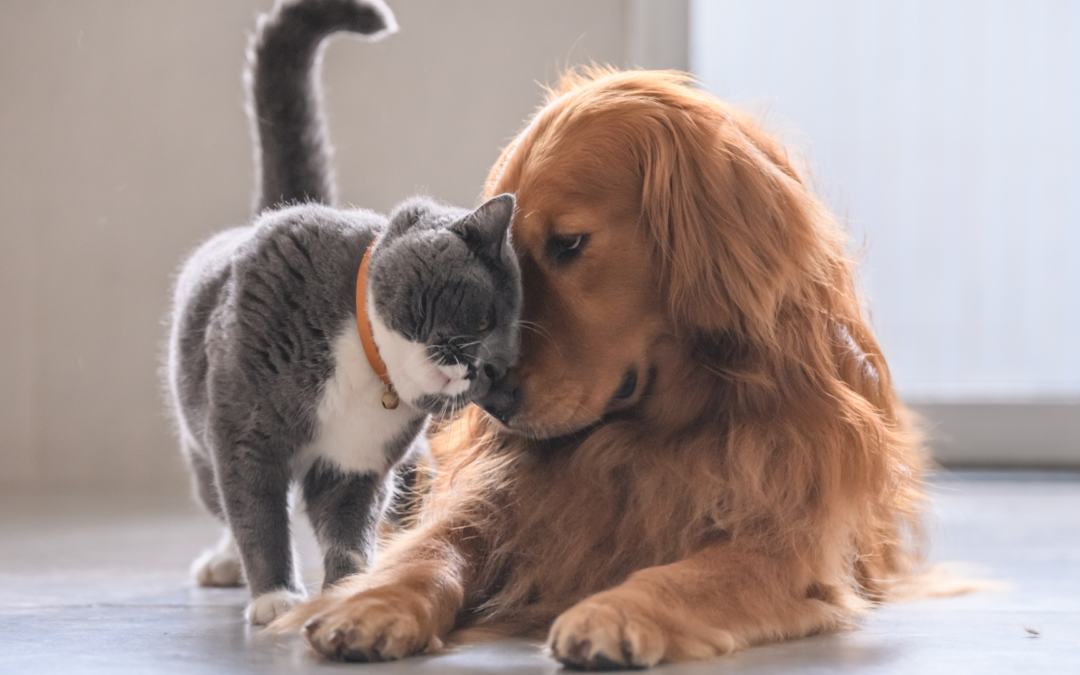For many Anniston residents, the joys of raising small farm animals extend far beyond fresh eggs and delicious dairy products. These furry and feathered companions bring a unique sense of connection to nature and provide a rewarding experience for the whole family. However, ensuring their health and well-being requires a commitment to specialized care and knowledge.
Building a Strong Foundation: Routine Checkups and Vaccinations
Just like our own families, small farm animals benefit significantly from regular veterinary checkups. These examinations serve as a crucial line of defense, allowing veterinarians to identify potential health issues early on before they escalate into more serious problems. Early detection often means simpler treatment and a faster recovery for your animals.
Beyond preventative measures and addressing potential health concerns, providing a healthy environment is crucial for the overall well-being of your small farm animals. This includes ensuring proper nutrition and creating a clean, safe, and comfortable housing space.
Addressing Common Ailments: Recognizing Symptoms and Seeking Help
While preventative care plays a vital role, it’s crucial to be aware of common health concerns that might affect your small farm animals. Here’s a brief overview of some issues specific to chickens, goats, and rabbits, along with tips for recognizing the signs and seeking timely veterinary intervention:
Chickens:
Respiratory Issues: Watch for symptoms like coughing, sneezing, difficulty breathing, and discharge from the nostrils or eyes. These could indicate infections or respiratory diseases requiring veterinary attention.
Egg-Laying Problems: Reduced egg production, misshapen eggs, or signs of discomfort during laying might indicate underlying health issues that need professional evaluation.
Goats:
Mastitis: This inflammation of the mammary gland can lead to changes in milk quality, swelling, and discomfort for the goat. Early detection and treatment by a veterinarian are crucial.
Hoof Problems: Lameness, misshapen hooves, and signs of pain can indicate hoof infections or other foot issues that require veterinary care.
Rabbits:
Digestive Issues: Reduced appetite, weight loss, diarrhea, or bloating can be signs of digestive problems like GI stasis, often requiring immediate veterinary intervention.
Dental Problems: Rabbits’ teeth grow continuously, and misaligned teeth or overgrown incisors can cause discomfort and hinder their ability to eat properly. Regular dental checkups by a veterinarian are essential.
Remember, early detection is key to successful treatment. If you notice any changes in your animals’ behavior, appetite, activity level, or droppings, don’t hesitate to seek professional veterinary care.
Creating a Healthy Environment: Proper Nutrition and Housing
Beyond preventative measures and addressing potential health concerns, providing a healthy environment is crucial for the overall well-being of your small farm animals. This includes ensuring proper nutrition and creating a clean, safe, and comfortable housing space:
- Nutrition: Each type of small farm animal has specific dietary needs. Chickens require a balanced feed formulated for their age and laying status, while goats thrive on a combination of hay, browse, and mineral supplements. Rabbits need a diet rich in fiber, such as hay and fresh vegetables. Consulting with a veterinarian or a local animal feed store can help you create a customized feeding plan for your animals.
- Housing: A clean, well-ventilated coop, shelter, or hutch is essential for your animals’ comfort and health. Ensure proper ventilation to prevent the buildup of ammonia and moisture, which can lead to respiratory issues. Provide adequate space for them to move around comfortably and express natural behaviors. Regularly clean their living quarters to maintain hygiene and prevent the spread of diseases.
Maintaining proper hygiene and sanitation practices within your small farm is equally important. This includes regularly cleaning feeders, waterers, and living areas, as well as implementing biosecurity measures to prevent the introduction of pathogens.
By following these essential tips and prioritizing preventative care, you can create a thriving environment for their small farm animals. Remember, a proactive approach to their health and well-being is an investment that pays off in the long run, ensuring a happy and productive flock or herd for years to come.
Building a Thriving Flock or Herd in Anniston, AL
Raising small farm animals is a rewarding experience for Anniston residents, offering fresh, healthy products and a unique connection to nature. By prioritizing preventative care, providing a healthy environment, and seeking professional veterinary guidance when needed, you can ensure your chickens, goats, or rabbits flourish for years to come.
At Greenbrier Animal Clinic, we are dedicated to supporting the well-being of small farm animals in Anniston and the surrounding areas. Our experienced veterinarians provide comprehensive wellness checkups, vaccinations, parasite control, and treatment for common health concerns. We also offer expert advice on proper nutrition, housing, and sanitation practices specific to each species.
Schedule an appointment at Greenbrier Animal Clinic today and let us partner with you in creating a thriving and healthy environment for your beloved small farm animals.

Greenbrier Animal Clinic

